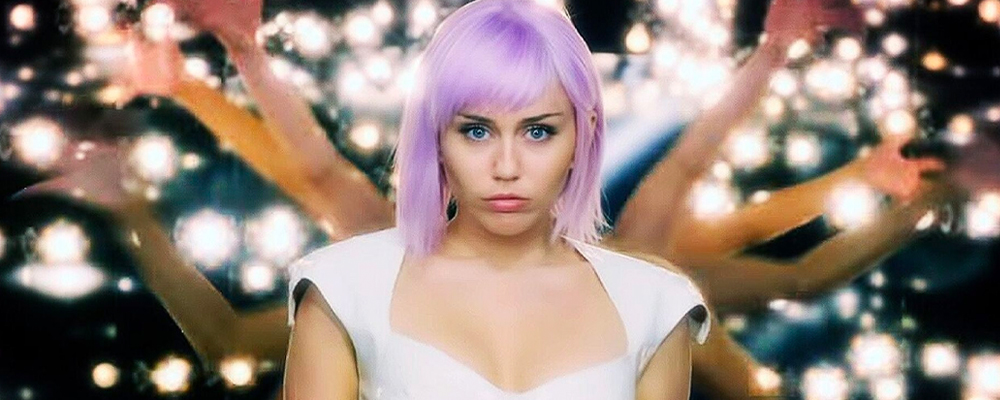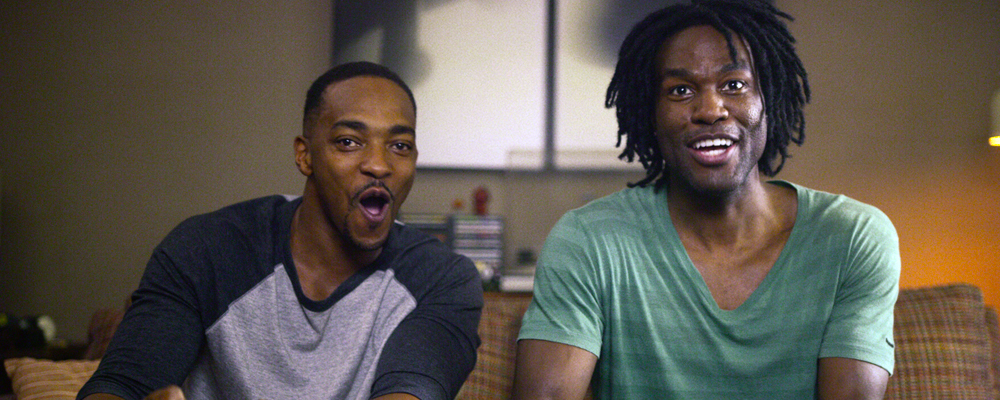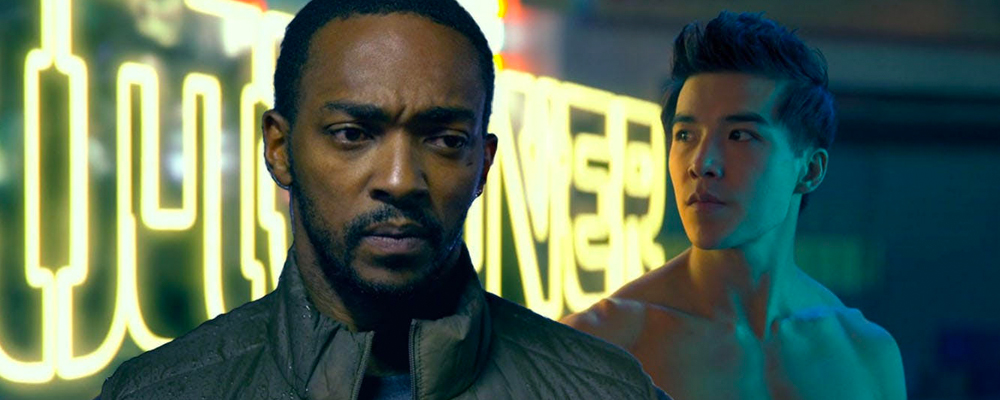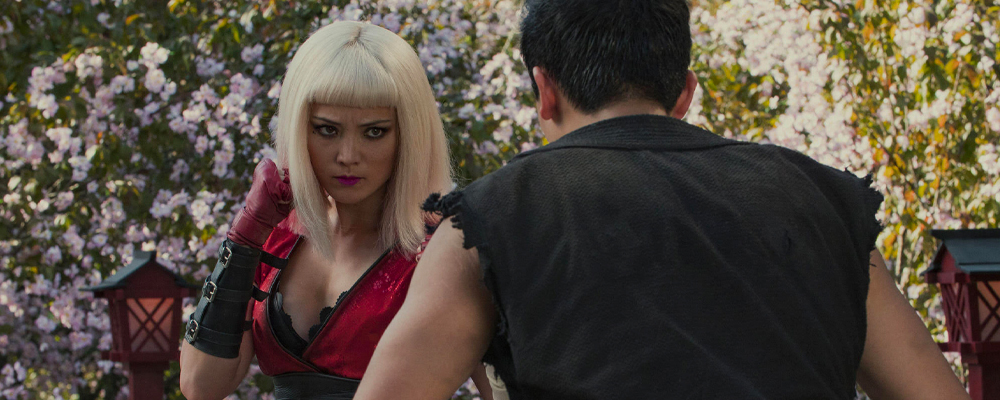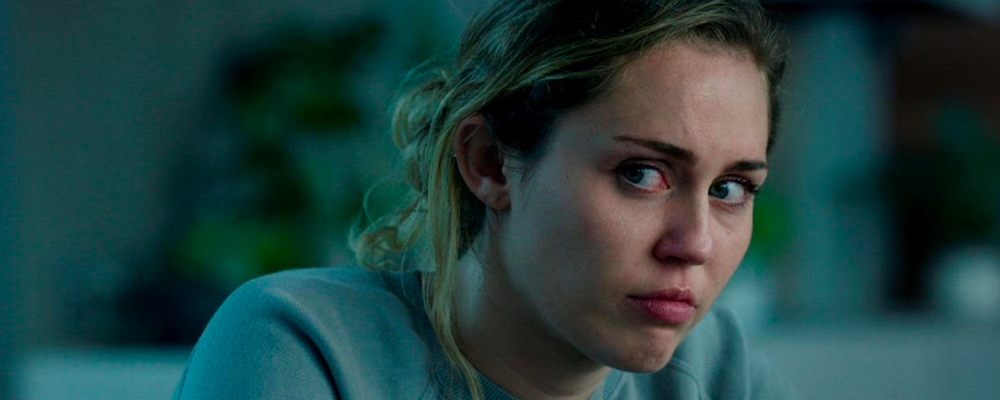‘Black Mirror’ Season 5 Delivers New Haunting Visions of Our Tech-Driven Future
Alci Rengifo
We are living in an age when our bright, portable screens drive so much of our lives. This observation continues to make “Black Mirror” one of the best pop culture nightmares about our times. The anthology series by Charlie Brooker returns to Netflix for a fifth season of just three episodes, but each one features more of what makes the show unique and gripping. Back in December Brooker had already given fans an experimental, feature-length episode with “Bandersnatch,” which used the choose-your-own-adventure format. These new stories return to the mold of the series’ earlier seasons.
We flow through genres and settings. In “Smithereens” a cab driver named Chris (Andrew Scott) spends his days continuously picking up passengers in front of the headquarters of a major social media company, Smithereens. One day he takes an intern from the company (Damson Idris) hostage. Chris demands to be put in touch with the company’s owner, played by Topher Grace. A standoff with authorities ensues, during which we find out what is driving Chris to such extremes. “Rachel, Jack and Ashley Too” is a music reverie about a young girl named Rachel (Angourie Rice) who worships pop singer Ashley O (Miley Cyrus). Rachel begs her dad to get her an “Ashley Too” robotic doll, which is designed to give the illusion you’re chatting and hanging out with the star herself. But the real Ashley O is going through an artistic and personal crisis which will bring icon and fan together. “Striking Vipers” introduces us to two old friends, Danny (Anthony Mackie) and Karl (Yahya Abdul-Mateen II). They begin playing a futuristic version of “Mortal Kombat” where the players can insert themselves into the game’s environment, but in their new bodies the two buddies suddenly get the impulse to do more than just fight.
This fifth season of “Black Mirror” returns to the show’s roots as a British Channel 4 production in which a small amount of episodes were released each season, giving Brooker and his team time to finesse each story while leaving viewers anticipating more to come. In the previous two, longer rounds Brooker delivered some impressive opuses such as the Emmy-winning, feature-length tales “San Junipero” and “USS Callister.” There’s no time travel or overly wild special effects this time around, instead like the first two seasons, Brooker focuses on telling tight, unnerving stories in a “Twilight Zone” style. “Black Mirror” at its core is about how technology will continue to evolve, but we as humans won’t. How we interact, work and live will certainly be altered by the new tech being invented, yet we will forever remain creatures of impulse, desire and deep rages. Every episode is written by Brooker, who continues to explore obsessions of human relations in the digital age, laced with his particular brand of acidic humor but not always despairing.
“Smithereens” uses the theme of our addiction to social media sites like Facebook and Instagram as background for Chris having lost his fiancé in a terrible car crash. He wants to speak with Topher Grace’s Mark Zuckerberg-style CEO to make contact with at least someone who runs the site that distracted him the night of the crash. It’s not the site’s fault per se that a tragedy occurred, but our little human follies are simply enhanced by the technology we’ve become attached to. Directed by James Hawes, who has helmed episodes of “The Alienist,” the episode has a relentless thriller pace. It’s a hostage negotiation story, but made haunting by the way Brooker writes in why Chris has snapped. There is a brilliant, final shot of Topher Grace at the end that might say everything we need to know about the ending. In “Striking Vipers” Danny and Karl become two videogame personas played by Ludi Lin and Pom Klementieff. Now sporting chiseled, perfect bodies in the videogame world, the two realize they can punch, glide and move like these characters, but of course they start to experiment with the sexual possibilities. The story doesn’t become a typical yarn about two friends discovering a hidden attraction, Brooker dives into more challenging waters about how technology will make room for indulging in certain experiences and sensations, and what effect this will have on real-world relationships, like Danny’s marriage to his wife (Nicole Beharie). Ageism is another theme subtly included in the script. It’s one of those “Black Mirror” episodes that isn’t just about what could happen, but what you can be sure will take place in the near future. Anthony Mackie, doing something more enriching than his usual turn in “Avengers,” gives a performance full of quiet tension.
Much attention will no doubt be aimed at the episode “Rachel, Jack and Ashley Too” where Miley Cyrus makes her “Black Mirror” debut. She’s the most notable guest appearance in a season which unlike its predecessors isn’t packed with even major guest directors. It’s a brilliant episode, written by Brooker as a commentary on the worship of pop idols, if not pop music itself. Angourie Rice’s Rachel is the typical lonely teen who finds solace in talking with her Ashlee Too, while her sister Jack (Madison Davenport) prefers to practice bass to alternative and Punk rock. But Ashley O herself is tired being nothing but recycled product, her handler and aunt Catherine (Susan Pourfar), gets worried when she overhears Ashley practicing music that is darker, and more introverted. How Catherine deals with the situation, unafraid to resort to violence, ponders the way artists are turned literally into mere products. Cyrus, undoubtedly more than familiar with this environment, plays the role to perfection, bringing a fun touch to the Ashley Too doll when a malfunction causes it to truly come alive, and playing the pop singer with depth and edge. Another masterful touch is the use of some Nine Inch Nails songs in the soundtrack. Ashley O’s signature tune is a bubble gum rendition of “Head Like A Hole,” with hilariously chirpy lyrics added in by Brooker. Keen listeners will recognize her new, darker material to be “Right Where It Belongs.” It must be said that Cyrus, who recently impressed at a Chris Cornell tribute show, pulls off an alluring pop version of Trent Reznor and later a fitting, snarling hard rock delivery. Even the music video clips of Ashley O look somewhat disturbing in their plasticity.
A shorter season of “Black Mirror” brings this show back to its roots in how it feels more immediate and plausible. The bigger episodes in this show have been impressive journeys, but these more contained fables have the eerie effect working like a true mirror to how we live and feel today. Now when we feel alone, hopeless or in love we interpret it all through the shiny devices in our hands or pockets. Brooker continues to hold up our iPhones to our faces, forcing us to look at the reflection.
“Black Mirror” season five premieres June 5 on Netflix.

